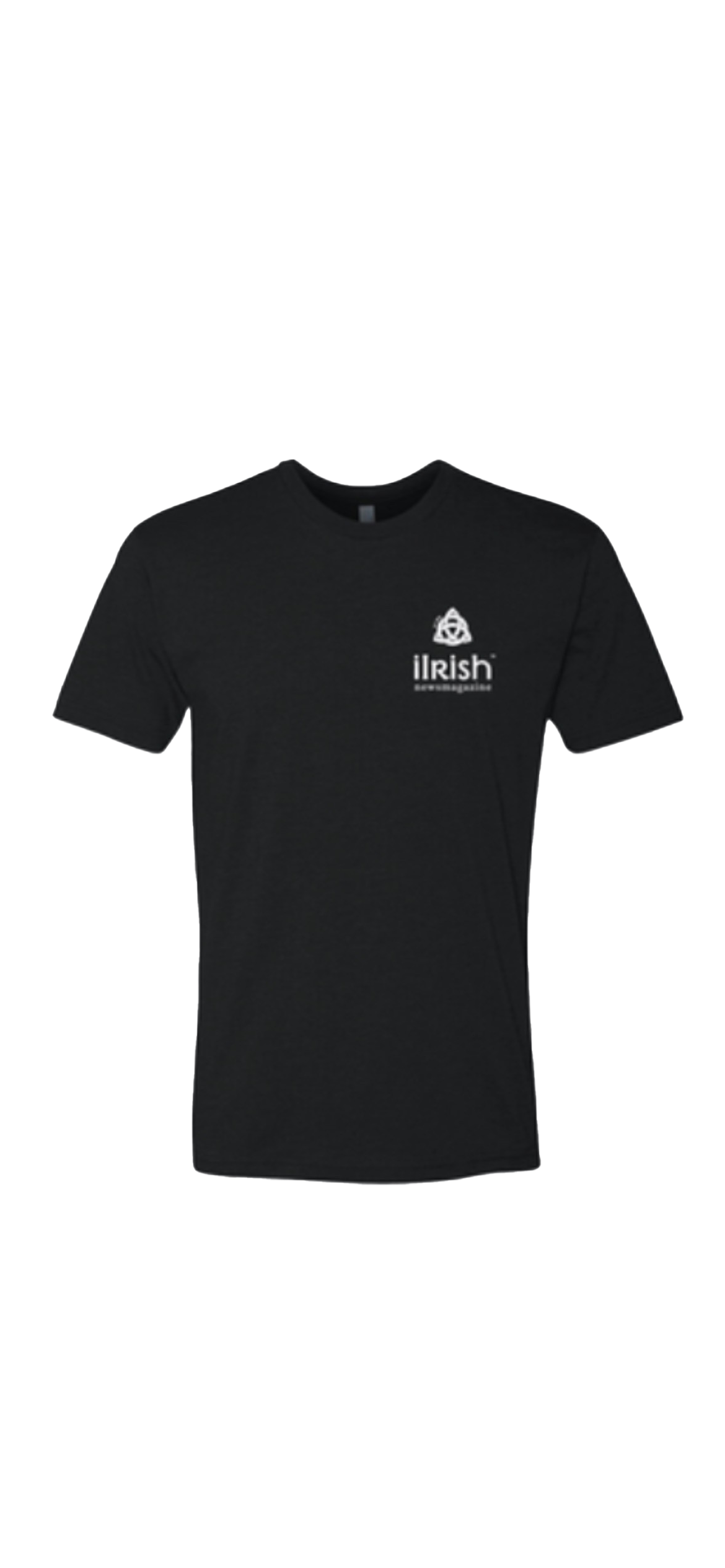Cleveland Irish: Genesis of the Irish Network
- John O'Brien
- May 4, 2019
- Edited 6 months ago
Table of Contents
Cleveland Irish: Genesis of the Irish Network
by Francis McGarry
The homily this week referenced Willy Wonka and the Chocolate Factory.
Father compared the short comings of the winners of the golden ticket and sin, forgiveness and redemption. A few summers back, when we were leaving the Hershey factory, my son was asked, “Why would you build a chocolate factory there?” Without hesitation, he stated, “If Willy Wonka has taught me anything, it is, build the chocolate factory on the chocolate river.”
That is what I recalled this morning when we were standing, but it felt like we should be kneeling. The Cleveland Irish had no chocolate river to build on. They were building a community in three main areas of the city: Superior Avenue east to 55th, Newburgh Heights, and the near Westside. Irish men and women formed and built neighborhoods, businesses and churches in these areas.
But the Irish were not confined to these areas of the city. The Irish who maintained leadership positions in the Cleveland Irish community transcended these localities.
Owen Kane was one of the Cleveland Irish who did just that. Owen was born to Francis and Ann in Ireland on July 19th, 1846. Francis, Ann, Owen and Margaret immigrated to New Jersey in 1849. The Kanes were there long enough to add Michael, Ann and Mary to the family, and relocated to Cleveland in 1854. The twins Catherine and Francis, Jr., were born in Cleveland, followed by Peter, Rose and Hugh. The Kanes first settled near West 44thand Detroit Avenue, walking distance to St. Malachi.
It would appear that Owen fought with the 11thOhio Calvary in the Civil War. When he returned to Cleveland, he worked with his father; they were huxters and were pretty good at it. Major William Gleason, whom we discussed last month, mentions their success in the Plain Dealer. Owen and his father Frank were active in the Fenian movement in Cleveland in the late 1860s.
In 1874 he was elected as recording secretary for the Irish Benevolent and Literary Association, along with fellow Civil War veterans Gleason, Martin Foran and P.K. Walsh. Foran was head of the Cooper’s Union and started the Emmett Guards in 1874. PK Walsh was a leader of the Hibernian Guards and national recruiter for Clan na Gael. Owen was just getting started in 1874.
In 1880 Owen was in the saloon business, and then took a job with the City of Cleveland Street Department. In 1883 he was the 1stvice president of the Young Men’s Democratic League of the Westside. Owen continued his work in the Irish community as a member and vice president of the Irish National League and an organizer for the Irish American Civil League. In 1886 he attended the national convention of Irish National League in Chicago with Major Gleason. Owen Kane was a Hibernian, as were Gleason, Foran and Walsh.
Mr. Kane was appointed to the Customs House in 1887 as a deputy collector, while he was also chair of the Knights of Labor and President of the 8thWard Democratic Club. Owen helped form the Grocery Clerks Union in 1888, who happened to have their meetings at Parnell Hall when the Irish National League did not have it reserved.
He was a founding member of the Irish American Club in 1890 and was elected secretary. At that time, he was also treasurer of the Knights of Labor District #47. He was a member of the Tilden Club and the Jackson Club, both Cleveland Democratic clubs. Owen served with Mayor John Farley on the executive committee of the Tilden Club and was a delegate for the Jackson Club. He was captain of the 1stRegiment of the 1stBrigade of the Cleveland and Hendricks Guards.
Owen Kane stood with Major Gleason in denying that was a Clan na Gael presence in Cleveland. The Plain Dealer advertised Clan na Gael meetings at Parnell Hall, just putting that out there. Kane was known by this time as a man, “who is acquainted with all prominent Irishmen inside and outside of organizations.”
His Irish affiliations and belief in Irish freedom did not appear to ostracize him in his professional or political careers. Although he never held an elected government position, he was elected President of the Ohio Liquor League in 1900. Liquor commission positions are exclusive.
Tom Johnson was Mayor of Cleveland from 1901 to 1909. He saved the land that Browns Stadium and the Rock and Roll Hall of Fame sits on from being sold to the railroads. Johnson also started work on the Westside Market. Owen Kane was his City Sealer.
Kane petitioned City Council to change the weights and measures ordinance so that food dealers could sell only items sealed by the city measures or weighted on tested scales. The majority of the city’s elite called these reforms and the Johnson administration socialist. That would include by this point, Major Gleason, who lived in what could have been called a mansion on the Eastside and had joined the Republican Party.
That being said, the working relationship of Kane and Gleason and others the Irish community did not suffer when their politics evolved in different trajectories. That is to say, their American politics. Kane did note at the Knights of Labor national convention in 1887 that labor would support any party that supports labor. He even suggested that labor form its own party.
In the Irish community, they were all Irish Republicans. American politics or profession did not affect the common goal of a free Ireland. They were Fenians, they were Clan na Gael, they were the Irish National League, they were Irish Benevolent and Literary Society, they were Emmet Guards, they were Hibernian Guards and they were Hibernians. Regardless of the moniker, their goal was the same: they devoted their lives to Irish freedom.
Owen Kane had no golden ticket. He was born in Ireland during the Famine and made his way to Cleveland. Owen lived with his nine siblings and when his father passed, he took care of his Ma. In his will he left everything to his sister Mary, so that she could take care of their Ma. His funeral was at St. Patrick’s on Bridge Ave on April 17th, 1910.
Reverend Moran and Fathers Lamb, O’Malley and Reilly conducted the services. His pallbearers were William Colter, William Fitzgerald, JP Madigan, Thomas Commerford, John Vavelle, Timothy McDonough, Edward Brennan and Patrick Finucan – all members of the Irish Community that Owen Kane helped to create. He passed before his homeland would become the Irish Republic that he helped to create too.




